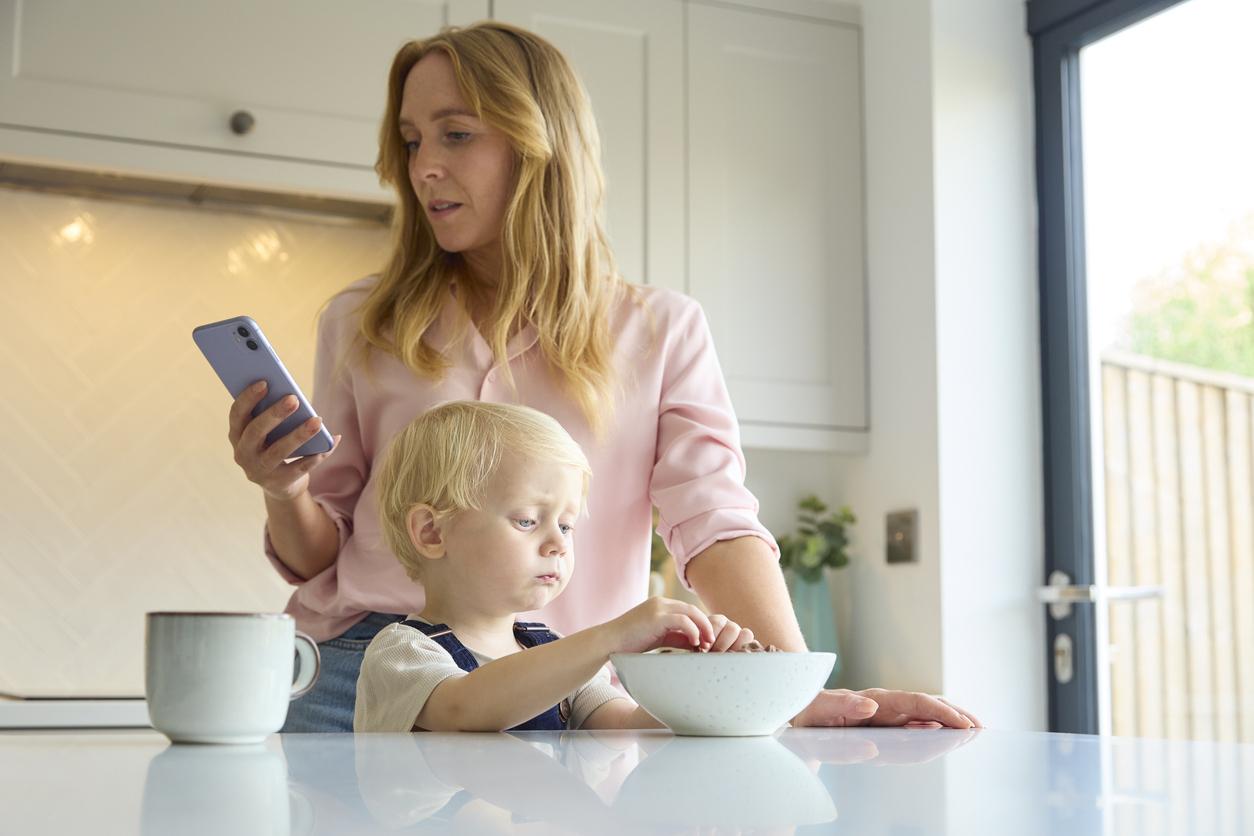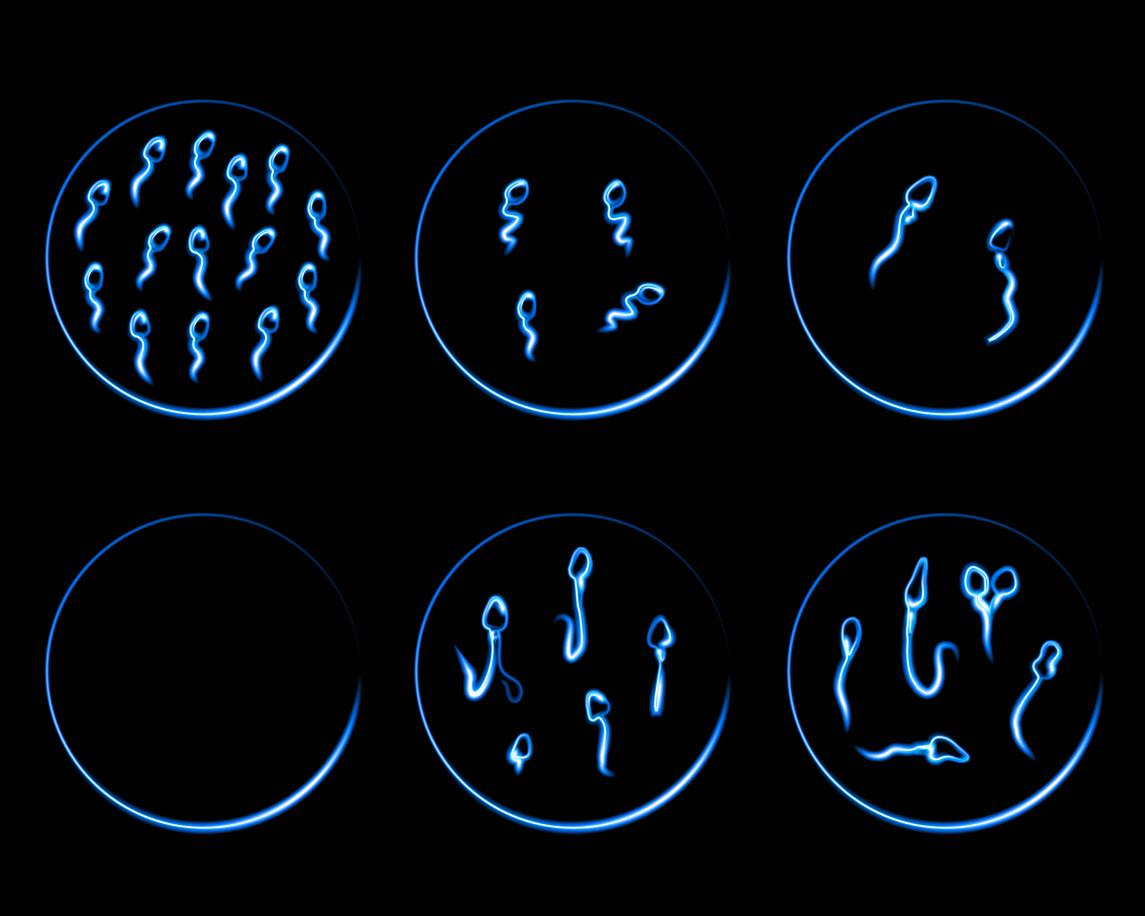Teenagers who have intense romantic relationships and parents who exhibit psychological control behavior are at greater risk of dealing with hypertension later in life.

- Having an intense romantic relationship in adolescence decreases the time spent on self-discovery, whether alone or with close friends.
- Parents who want to control everything tend to make their teenagers feel guilty if they don’t follow the rules.
- The two phenomena combined impair proper development and generate more stress later in life.
It is never easy for parents to know how to position themselves and behave towards their children during adolescence. To renew the dialogue, it is best to do so during activities that interest them. Adopting an overly protective posture can have serious consequences on the future health of your teenager, especially if he is also involved in a romantic relationship. Combined, these two factors increase the risk of hypertension later in life, suggests a study published May 24 in the journal Development and Psychopathology.
A dangerous mix
To conduct their research, American scientists from the University of Virginia sifted through the data of a study started in 1998 and including 184 participants, then aged 13 years. In addition, the researchers observed a cohort of 146 people between the ages of 17 and 19 to learn more about their romantic relationships before having their blood pressure measured when they were between 29 and 31 years old.
The results showed a direct link between the intensity of romantic relationships in adolescence and ages 17 and 19 to learn more about their romantic relationships later in life. The researchers noted that this link is reinforced when these people grew up with parents who exercised psychological control behavior when they were teenagers. “This is a dangerous mixturesays Joseph Allen, lead author of the study. The teenagers concerned are a bit in over their heads. It’s not just that they have a good romantic relationship. It’s a relationship that somehow absorbs their time and energy to an unusual degree..”
Having bad friendships increases stress
Spending a lot of time alone with a partner in adolescence decreases the time spent on self-discovery, researchers believe, whether alone or with close friends. “Having controlling parents is also part of the modeladds Joseph Allen. They tend to make their teens feel guilty if they don’t follow the rules. So you go from this overly controlling family and then you’re in these super intense relationships.” Additionally, affected participants also reported having problematic friendships as young adults. “They had friendships that didn’t go so well where there was a lot of conflict and argument as opposed to good, stable and close friendships.observed the researcher. It’s as if the participants never really learned how to have a good and close friendship.”
According to the researchers, the absence of time alone and in the company of close friends form a cocktail that generates stress and hypertension. “What we think is that having relationships that don’t go well is one of the most stressful things humans go through because we’re pack animalssays Joseph Allen. You know, you can have all the money in the world, but if your relationships are bad, you won’t be happy. So we think it’s the stress of having these bad relationships, these problematic relationships that ultimately predicts that [les adolescents] will have higher blood pressure later in life. We don’t know if it actually caused it, but we have plenty of evidence that stress at different times was directly predictive of having higher blood pressure levels..”

.

















